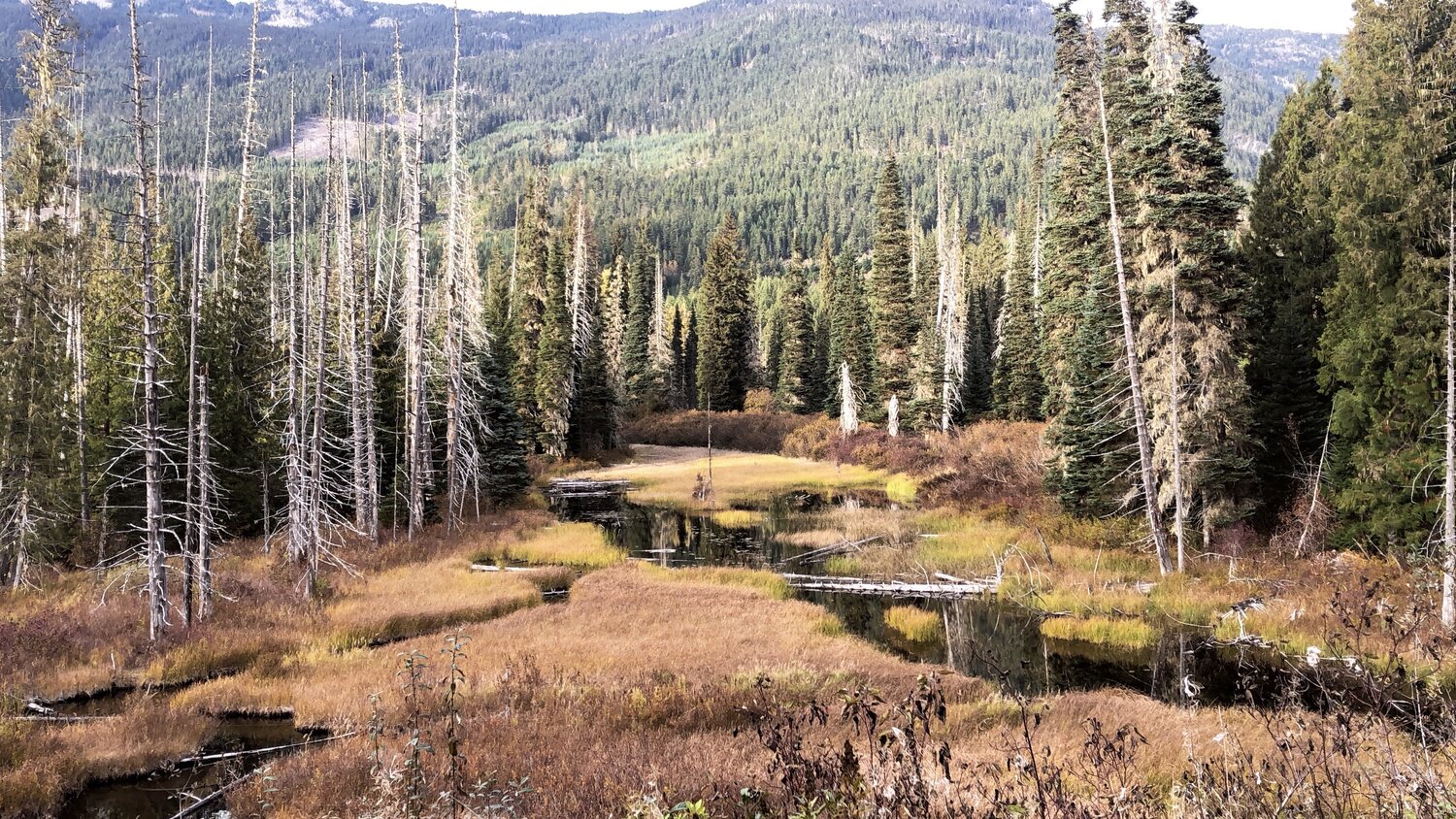
Nestled at the base of Whistler mountain, a world premier ski resort, we get to enjoy natural beauty every day. The views outside the bread shop’s windows remind us how precious our planet is, and the privileges of clean air, water and fertile soils are not to be taken for granted. It is imperative that we preserve all we can for future generations to come.
Using organic locally-sourced grains encourages regenerative farming practices and we refrain from using glyphosate-sprayed monocultures which pillage the land.
Most supermarket products travel approximately 2000km to reach the shelf from where they are made. Our grain travels around 10% of that distance to reach our facility and our local customers tend to live within a 7km radius. This reduces our carbon footprint substantially.
Using plant-based ingredients means we are cutting out the environmental damage created by animal agriculture. 40 per cent of agricultural emissions in Canada come directly from methane, with 90 per cent from cattle and sheep as a result of feed digestion (according to www.agr.gc.ca).
Plastic is a global problem and we do not want to contribute to it so our packaging is compostable. We believe that our local customers have the same environmental values and respect for the land as we do, and ultimately want to support businesses who contribute to a better world.
Even with compostable packaging, there is still the environmental cost of deforestation, transportation and production, and we spend our first year in business encouraging guests in dine-in when possible, and rewarded those who brought their own reusable cups with a discount.
Covid-19 gave us time to reflect on our sustainability impact, as well as a new challenge of heightened health and safety measures which favour single-use disposable items.
We looked at our reusable discount metrics and found that less than 10% of customers were bringing their own cups anyway, and came up with a more impactful way to support both environmental and social sustainability.
Partnering with Trees for the Future, we now plant a tree for every coffee served. This way, we offset our carbon and environmental damage of compostable containers while lifting impoverished African farmers up (many of whom are women) funding a programme which gives these sub-Saharan families seedlings, tools and guidance to regenerate their degraded land and create forest gardens for food, shelter, firewood and an income.
Ultimately, the problem of world poverty has to be addressed before we can expect everyone to be on board with creating a more sustainable future for life on the planet. Therefore, we use a Vancouver-based coffee roaster who buy directly from farmers in developing countries.
As part of our commitment to giving back 1% revenue to good causes, particularly environmental and animal ones, since 2020 we have donated well over $17K to date to the following organizations. We have also donated countless loaves and baked treats to our community’s food bank and local workers, including the emergency services who always enjoy a sweet treat after a long day fixing up skiers and bikers’ broken bones!
2024
$1000 to Whistler Animals Galore
$581.19 to Trees for the Future
2023
$7434.59 to Trees for the Future
$500 to Sk̲wx̲wú7mesh Lil̓wat7úl Cultural Centre
2022
$4738.97 to Trees for the Future
$362.17 to Rising Sun Domestic Violence and Abuse Service
$261 to Red Cross
$250 to Sierra Club
$186.18 to Bake for Ukraine
$180 to Unicef
$180 to Canada Helps
$150 to AWARE Whistler
$102 to RAVEN
2021
$3946.80 toTrees for the Future
$607 to AWARE Whistler
$500 to Whistler Animals Galore
$362 to Happy Herd
$100 to Yannick Jean Legros Family
$25 to Relay for Life
2020
$756.96 to Animals Australia
$704.95 to Trees for the Future
$100 to AWARE Whistler